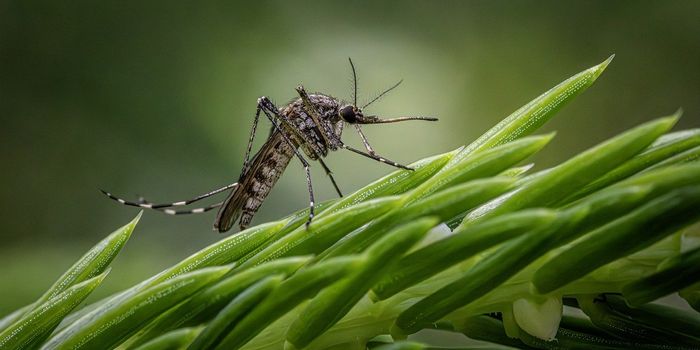Only 50% Cannabis Genome Has Been Mapped
As more and more jurisdictions are decriminalizing cannabis usage, its popularity both for medicinal and recreational use is growing around the world. Despite this however, researchers led by the University of Saskatchewan, Canada, have found that less than 50% of the cannabis genome has been accurately mapped. This not only raises questions on the efficacy of breeding initiatives, but also on how much we actually understand about how the plant works.
For their study, the team, including scientists from the Netherlands, Germany and the US conducted a major statistical analysis of existing data and studies investigating the plant’s. In the end, they found that under 50% of the plant’s genome had been accurately mapped, while around 10% of the genome was still missing, and between 10% and 25% of the genome was left unmapped.
Lead author of the study, Tim Sharbel, said, “This means that we lack the foundation on which to build a molecular breeding program for cannabis comparable to what exists for other crops...Developing a high-quality genetic blueprint would provide the building blocks for genomics-based breeding and applications to human and animal health, while strengthening university-industry partnerships.”
The researchers hope that their findings will serve as a cornerstone for further research into marijuana’s genome. Towards this, they are currently seeking partners in the medicinal plant industry to help fund future academic research to map, compare and make use of the closely related genomes of marijuana, hemp and hops.
Sharbel said, “Medicinal plants are hugely important to society, have long traditional use throughout human history, and represent important reasons to protect biodiversity. The emergence of the cannabis industry is a good driver for a larger goal of bringing traditional medicinal plants into the mainstream.”
The authors also note that there is already significant evidence of marijuana’s health benefits. These include its usage to treat pain, spasticity in multiple sclerosis, and reduce opioid usage. Alongside this, they also note the negative effects that THC, the psychoactive compound of cannabis, can have in the short-term on cognitive function, anxiety levels and fatigue, as well as its potential long-term side effects including permanent memory loss, losses in both intellect and mental focus, and its role as a catalyst towards addiction.
Sources: Science Daily, Annual Reviews









